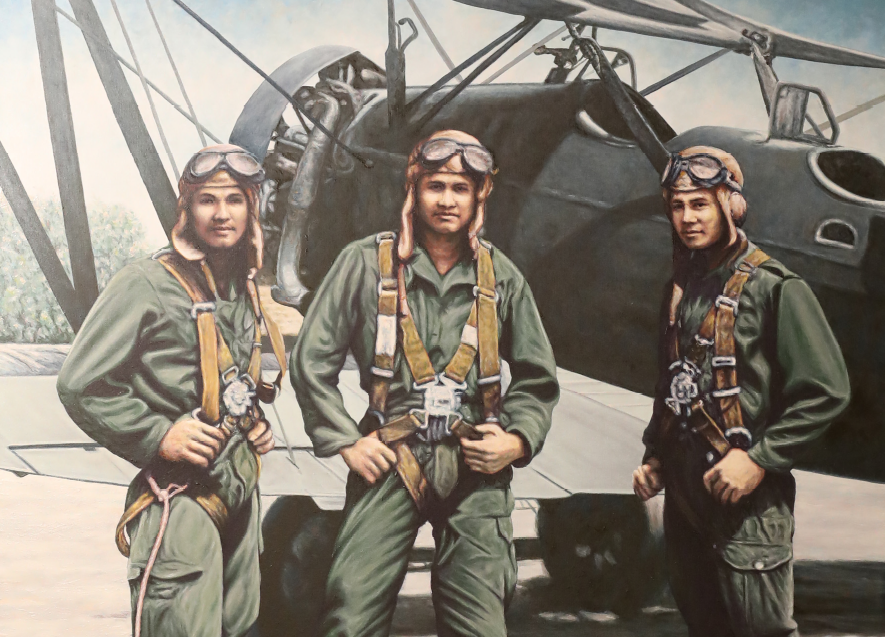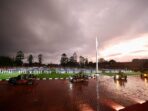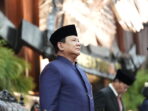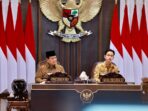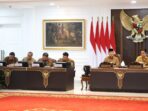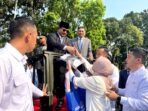By: Prabowo Subianto [taken from the Book: Military Leadership Notes from Experience Chapter I]
The history of how the predecessors formed a military unit is very important for a military organisation. Members of the military need to know the achievements and experiences made by their organisations in the past. The heroic story of Iswahjudi is another highlight in the history of the Indonesian Air Force. He was a pioneer of the Air Force alongside Adisoetjipto, Abdulrachman Saleh, and Husein Sastranegara.
The history of how the predecessors formed a military unit is very important for a military organisation. Members of a military organisation need to know the achievements and experiences of its forerunner. By knowing its past, members will be more inspired in performing their duties. We know that each military unit has a distinctive character, identity, even psychology. A military unit consists of a group of people who always have a brush with danger. They must be prepared for the chance of getting killed in action at all times. They are trained to be deployed into the battlefields and to carry out difficult missions.
First Marshall Posthumous Iswahjudi was born in Surabaya in 1918. Iswahjudi is also known as the pioneer of the Indonesian Air Force alongside Adisoetjipto, Abdulrachman Saleh, and Husein Sastranegara. He actively participated in the military from a young age, such as in the Volunteer Aviator Corps (Vrij-Wilig Vliegers Corps or VVC), formed to defend the Dutch government from the Japanese offensive. In one instance, he was appointed as the only Indonesian volunteer to be an agent for the Allies in a secret mission in Java.
He was also listed as the first cadet of Adisoetjipto Aviation School. His aviation career was brilliant. In the post-independence period, he became an aviation student at Maguwo. In December 1945, Iswahjudi joined the People’s Security Air Force led by Adisoetjipto in Yogyakarta. Iswahjudi was later appointed Commander of Maospati airbase, in Madiun, in 1947, due to his unconditional dedication. Furthermore, at the end of 1947, Iswahjudi was appointed to pioneer the development of the Bukittinggi airbase.
After that, Iswahjudi was appointed along with Halim Perdanakusuma to retrieve an Avro Anson VH-BBY aircraft that the Indonesian government had just purchased. However, on their homebound journey on December 14, 1947, they encountered bad weather in the Strait of Malacca. The plane crashed into a treetop in Tanjung Hantu, Perak, Malaysia. Both were killed on duty.
